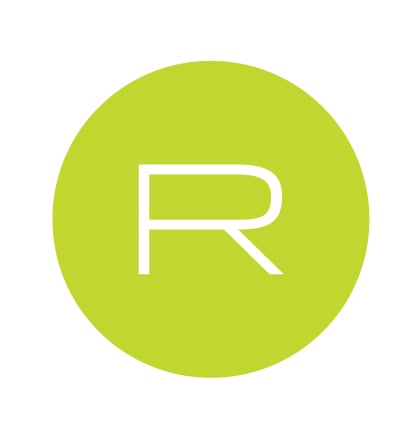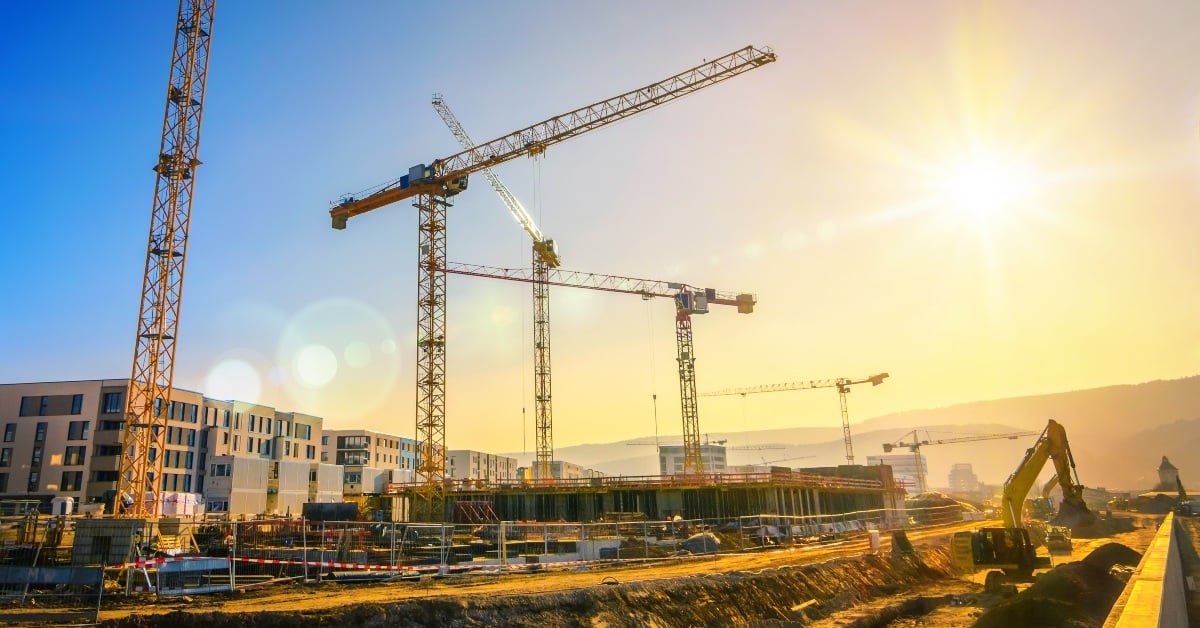Bookkeeping Red Flags and What To Do About Them
Bookkeeping is strategically important for every business because financials form the foundation for daily operations and future planning....
3 min read
 Redpath and Company
:
July 28, 2020
Redpath and Company
:
July 28, 2020

July 28, 2020 - As the economy fluctuates in response to the COVID-19 pandemic, construction companies are weighing everyday transactions with a new scale. The decision of whether to lease or buy construction equipment has always been a decision to consider thoroughly, but making the same decision during a recession lends it a new sense of importance.
The accounting implications of renting, leasing, or buying heavy equipment during a recession are mostly the same as they always are: It's still about assessing your current needs and how well your current work can support large expenditures. "If you're considering leasing versus buying, the main difference is flexibility," says Chris Gorans, CPA, Audit Director with the Redpath construction audit team – what flexibility you need and what flexibility you can afford.
Consider these benefits to both approaches and what makes sense for your business as 2020 continues.
"The 2008 financial crisis hit construction extremely hard," Gorans says. But the momentum of several years of growth in the construction industry has led to a slight preference toward purchasing equipment rather than renting or leasing. Gorans says backlogged work is "making them lean toward buying … They have the capital, they have the resources, and it's cheaper in the long term."
But with the benefits of ownership come pain points that can make it harder for some construction businesses to justify a full purchase. The initial cost, insurance, and maintenance mean it can take some time to realize ROI on purchased equipment.
On the other hand, while lease terms can vary widely, it can be easier to work them into your financial plan. "With a lease or renting," Gorans says, "there are usually no upfront costs, you're going to make even payments over a few years, and some leases and rentals even cover maintenance."
Here are a few things to keep in mind when deciding whether to lease or buy a new piece of construction equipment during an economic recession.
Renting or buying construction equipment both come with key tax and accounting considerations, too. "If you're leasing, your payments are 100% deductible," Gorans says, but the upfront affordability comes with a downside: you don't build equity through rental and leasing payments – a factor that has limited benefits if you don't plan to use the equipment for years to come.
Note: Starting in 2022, ASC 842 will go into effect, forcing all companies to include all leases longer than one year on their balance sheet. This will retroactively apply to leases entered before the start date, meaning that heavy equipment leases started in 2020 or 2021 with terms stretching through 2022 will then be included on your balance sheet. From a construction accounting perspective, the new lease standard will consider leases longer than a year as debt. Keep an eye on the Redpath blog for more on this important topic.
The current tax benefits of purchasing equipment, new or used, should also factor into your decision to rent or buy. Through 2022, there’s a 100 percent bonus depreciation deduction on purchases of new or used heavy equipment – giving an edge to purchasing when it comes to tax benefits.
In the end, it's a trade-off: along with the practical application of the equipment, you'll have to determine where your financial priorities lie. When you buy a piece of heavy equipment, "You're building equity in that piece as an asset," Gorans says. "Do you want that asset so you can control resale? Or do you want the flexibility of using the equipment for a short time?"

Bookkeeping is strategically important for every business because financials form the foundation for daily operations and future planning....

In a decision issued March 1, 2024, U.S. District Court Judge Liles Burke ruled that the Corporate Transparency Act (CTA) is unconstitutional....

Several types of trusts can help you manage your assets in a way that supports your estate planning goals while providing potentially significant tax...